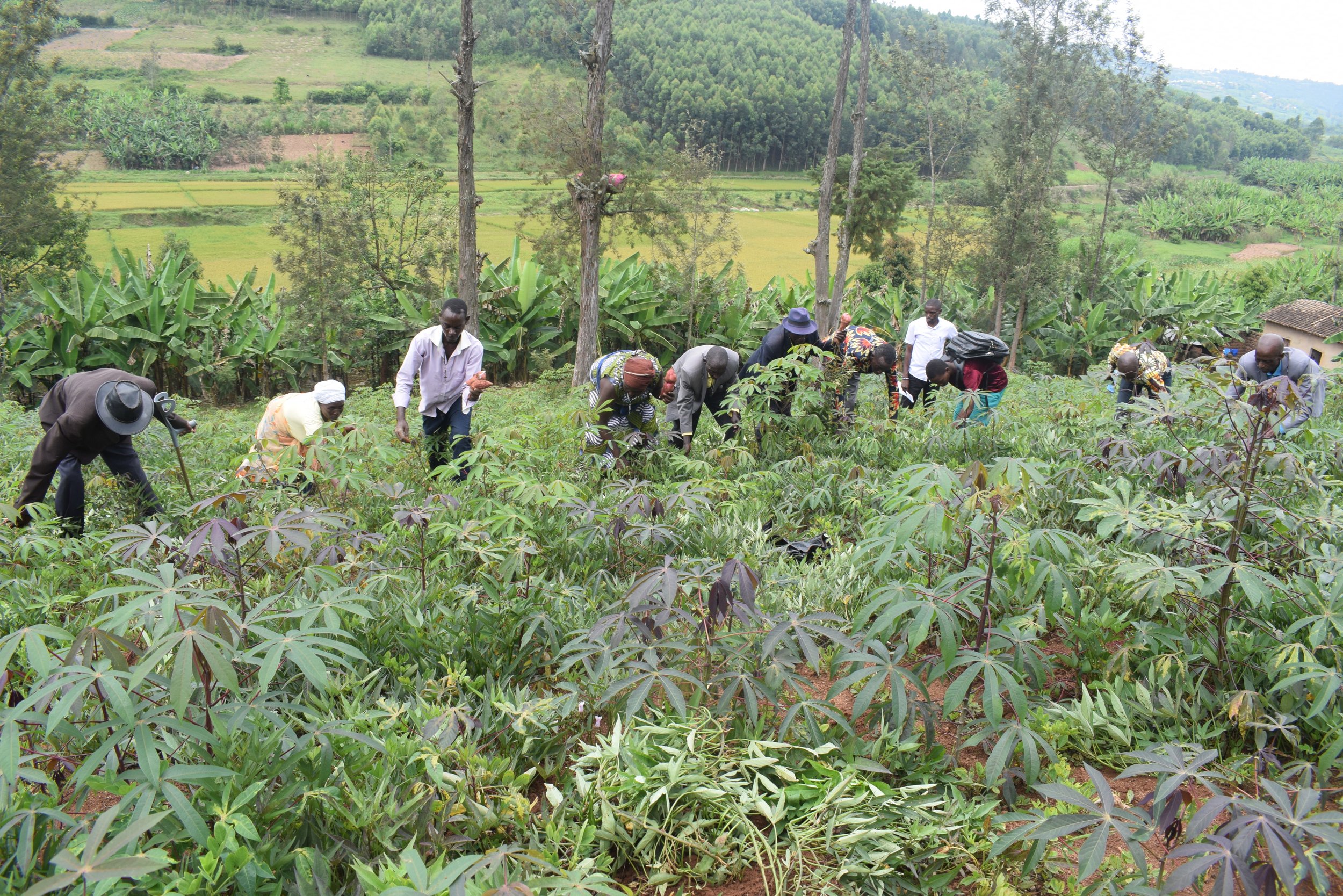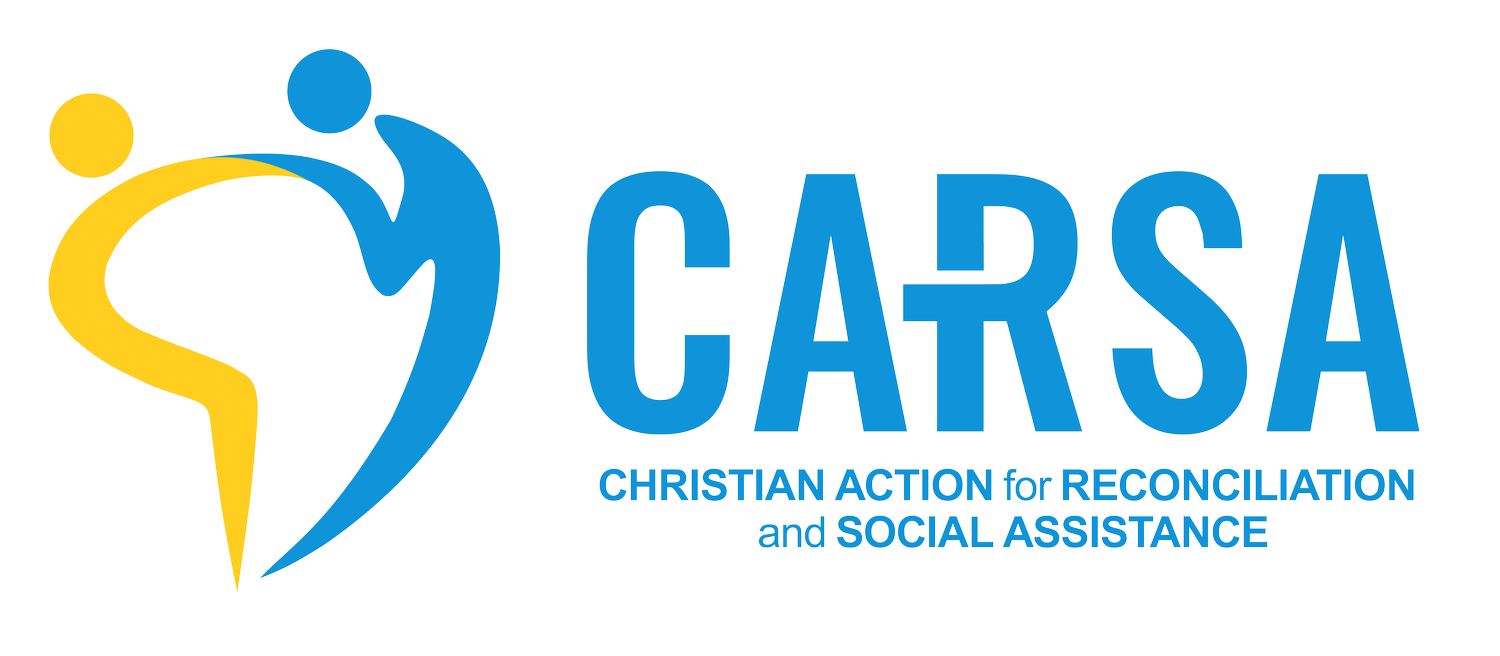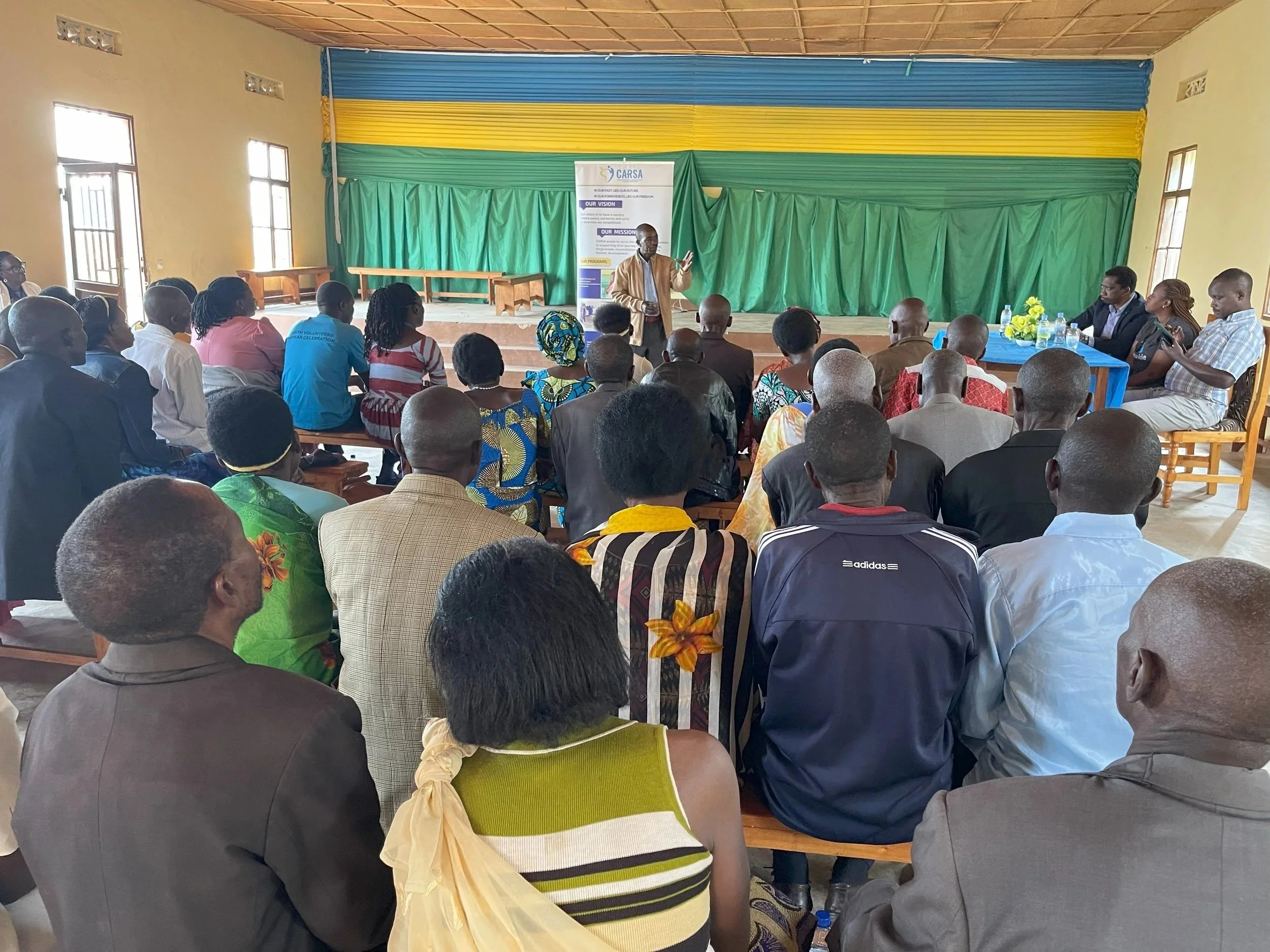What We Do & How We Work
Our programs focus on four main pillars: Psychological Healing and Reconciliation, Peace-building, Improving Community Livelihood, and Youth Empowerment
Our approach
Guided by Christian values of forgiveness, compassion, and justice, CARSA integrates psychological healing, faith-based reconciliation, and community-driven development into one holistic model.
Psychological Healing: We help individuals process trauma and rediscover self worth through counselling, group healing, and restorative practices.
Reconciliation and Peacebuilding: We bring together survivors and perpetrators, fostering forgiveness and rebuilding trust through community dialogues and shared projects.
Sustainable Development: We empower communities to turn peace into progress supporting initiatives in agriculture, livelihoods, and leadership that strengthen long-term resilience.
Key areas of focus
Empower Workshop
Since 2012, there have been 70 workshops and 2,520 participants
Resilience Cell Groups (RCGs)
86 RCGs
3000+ RCG members
Cows for Peace
390 cows given to 800 families
Peace Conferences
Over 5,000 primary and secondary students attended the conference
7 schools across Muhanga and Kaymoni districts
Peace Clubs
30 clubs established in 30 schools
Size varies from 150-250 students in each club
Youth Peace Groups
158 members total across 3 groups in Muhanga and Kaymoni districts
Groups do community activities like cultivating, gathering together resources to support genocide survivor needs, planting seedlings, and raising pigs
CARSA provides training about peace-building, takes students to visit the Kigali genocide memorial, and organizes savings groups
Housing and Livelihood
7 houses built, 2 renovated
9 families total, which is 59 people
Mugina Community (Historically Marginalized Group)
Conducted 2 Empower workshops with 72 participants total
CARSA has started a savings group, a Tujijurane brick-building cooperative, and other income-generating activities
Tujijurane Cooperative - 70 families, over 300 members
With a loan from CARSA, the cooperative built over 70,000 bricks
Education Sponsorship Programs (ESP)
25 students from low-income families have been sponsored
Various other youth empowerment initiatives
In partnership with CEDAR Fund, CARSA conducted climate-smart agriculture training for 14 RCGs
60 complete jerseys were provided to the Mugina football team
A two-day seminar on financial literacy was run
CARSA provided vocational training and, with their partner God Cares, essential resources such as school supplies, uniforms, hygiene products, and sewing machines.
UPRC is a long-term, collaborative heart project from CARSA Rwanda that aspires to become the first place for Rwandans to share their positive stories of reconciliation after the 1994 genocide
Our Work in 2023-2025
It is with heartfelt gratitude that we present CARSA’s Two-Year Impact Report (2023–2025). Over the past two years, we have witnessed a remarkable transformation in our communities as healing, reconciliation, and renewed hope have taken root in places once marked by deep pain and division.
Through your faithful support, whether in prayer, partnership, or financial giving, more than 3,000 individuals have been reached through workshops, dialogues, and support groups. Survivors and former perpetrators have come together in courage and forgiveness, youth have risen as peacebuilders, and local leaders are embracing restorative justice as a path to lasting peace.








